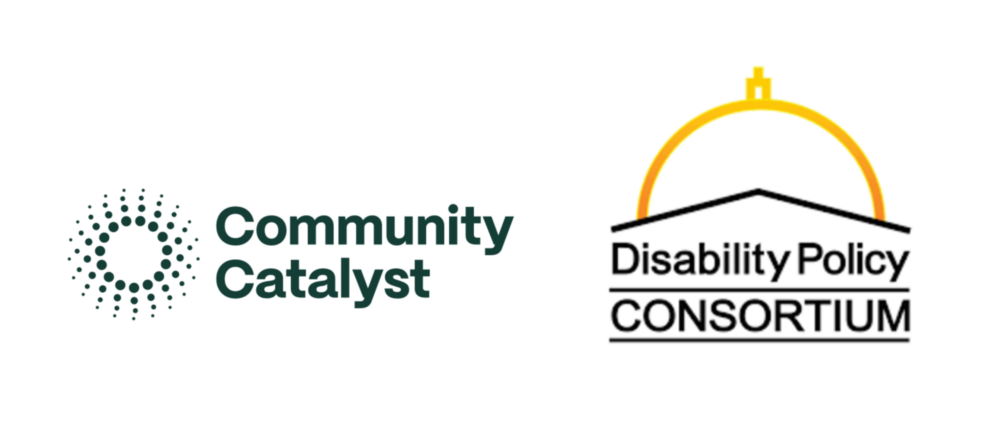A Dignity-Based Independent Living and Recovery-Centered Model of Care

As the federal government and states shift from the Financial Alignment Initiative to other models of integrated care, such as Medicare Advantage Dual Eligible Special Needs Plans (D-SNPs), more information is needed to stimulate conversation among advocates, state and federal policymakers, and other stakeholders responsible for ensuring that dually eligible individuals have access to all Medicaid and Medicare benefits in a whole, person-centered manner.
Community Catalyst’s Center for Community Engagement in Health Innovation partnered with the Disability Policy Consortium to publish two issue briefs focused on ensuring an equity-centered model of care for individuals that are dually eligible for both Medicare and Medicaid.
The briefs highlight ways for states to leverage their state Medicaid agency contracts (SMACs) with D-SNPs, to advance independent living and recovery models, and health equity. States can include any requirements in their SMACs, as long as they do not conflict with federal law.
The first brief, “The Financial Alignment Initiative (FAI) Demonstration: How Four States Are Navigating the New Policy Landscape for Integrated Care Programs” summarizes information on how four FAI demonstration states are designing, developing, and implementing new integrated care programs.
The second brief, “A Call for Equity: Re-Committing to an Independent Living and Recovery Centered Model of Care” focuses on the evolution required in the model of care to advance disability rights in keeping with the goals of the independent living and recovery movements. These movements led to the creation of home and community-based services (HCBS), the deinstitutionalization of persons with mental health diagnoses, and the ongoing shift in our understanding of substance use to a more whole-person understanding of addiction.
